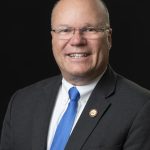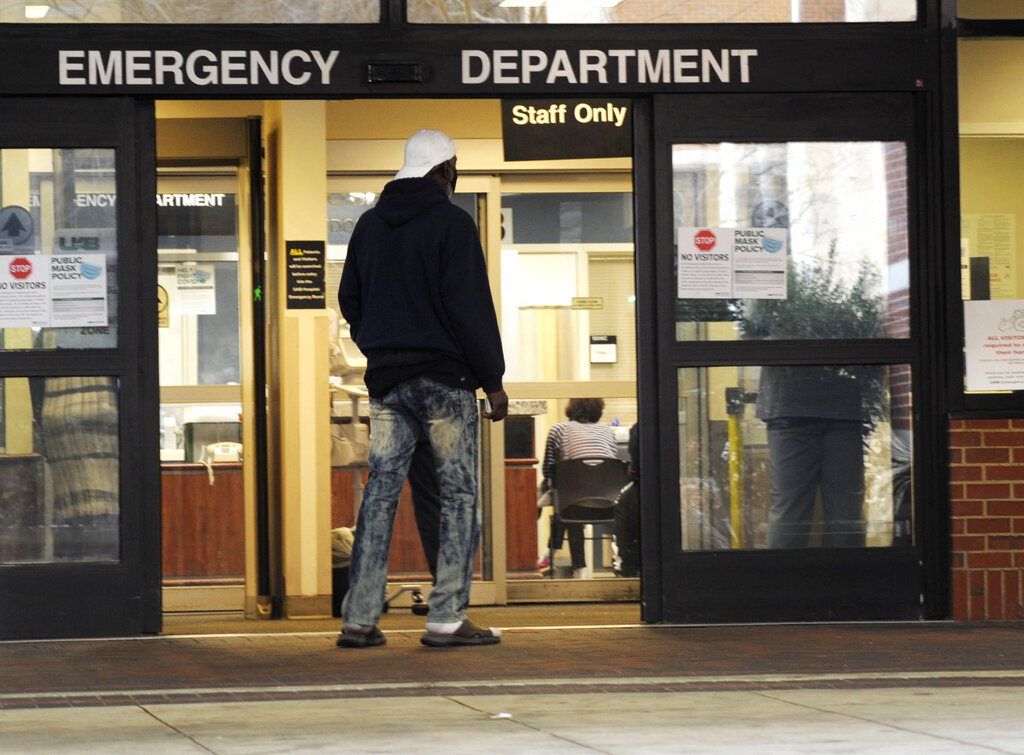From Mayor Sheldon A. Day of Thomasville, Alabama

In serving the people of Thomasville and advocating for rural communities across the state, I have seen firsthand the hardships communities across the state face due to lack of affordable health care. . The issue of coverage gaps, where hard-working individuals fall into the vacuum between Medicaid eligibility and affordable private insurance, is an issue that requires urgent attention from state legislatures.
In Alabama, more than half of the 300,000 people in the health care gap are employed and benefit. In fact, many people lose or quit their jobs because they are not healthy enough to work. At a time when labor force participation rates are low, we must find ways to close the coverage gap. It's not just a matter of compassion. It's a matter of economic necessity.
It is essential to understand that the majority of Alabamians who fall into the coverage gap are hard-working and often work multiple jobs to make ends meet. These people are the backbone of our state's economy: farmers, service industry workers, and small business owners, and despite their contributions, they are left without adequate health care coverage. This is a harsh reality and must be addressed with urgency and empathy.
Additionally, we cannot ignore the crisis of rural hospitals closing at an alarming rate. These hospitals serve as a lifeline for their communities, providing needed care to residents who must travel long distances for treatment. But without adequate funding and support, many of these hospitals are at risk of closure. Closing the coverage gap is about more than just providing medical care to individuals. It is about ensuring the survival of local medical infrastructure.
Expanding health insurance will not only save lives, but it will have a huge economic impact on our state. the study Researchers have consistently shown that states that expand health insurance experience significant economic growth, job creation, and revenue increases. In my own experience, new employees in many industries list access to quality health care as a top priority when establishing and expanding their businesses. Closing coverage gaps can create jobs, stimulate local economies, and strengthen health infrastructure. This is a win-win proposition that Alabama cannot afford to pass up.
Additionally, closing gaps in coverage is a fiscally responsible decision. Currently, the uninsured often rely on expensive emergency department visits for routine medical needs, increasing healthcare costs for everyone. Providing these people with access to preventive care and regular check-ups can reduce the burden on the health care system and reduce costs to taxpayers in the long run. This is a common sense solution that benefits everyone.
Closing Alabama’s coverage gaps is more than just a moral obligation. This is a practical strategy to increase worker participation, boost our state's economy, and strengthen our critical health infrastructure. Contrary to popular belief, it's a matter of living our conservative values. I urge state legislators to prioritize this issue and find Alabama a solution to the coverage gap. It's time to come together to do what's right for our state's people and our economy. The health and well-being of our communities depends on it. Let's not put it off any longer. Let's close the coverage gap and build a healthier, more prosperous Alabama for everyone.
Sheldon Day is in his seventh term as mayor of Thomasville. He has advised national and international leaders on issues affecting rural areas, including former President George W. Bush, Donald Trump, and presidential candidate John McCain. Mr. Day served as co-chair of the Alabama Black Belt Commission under former Governors Bob Riley and Robert Bentley. He is active with the Alabama League of Municipalities Board of Directors, the Alabama Economic Development Association, and other state and national organizations. He has worked tirelessly with Republican and Democratic leaders to improve rural areas in Alabama and beyond.


